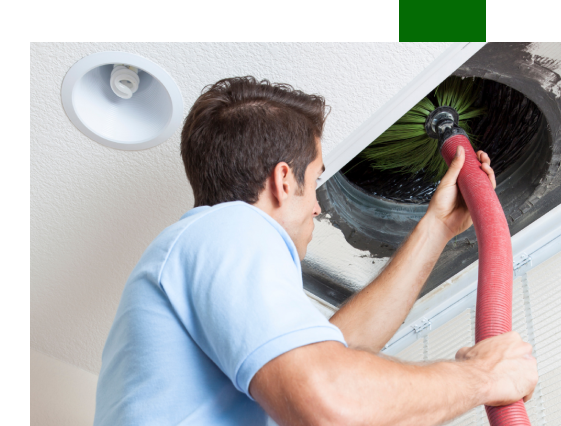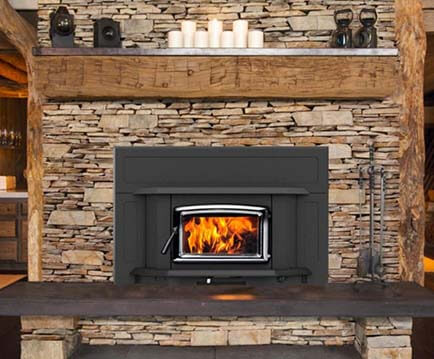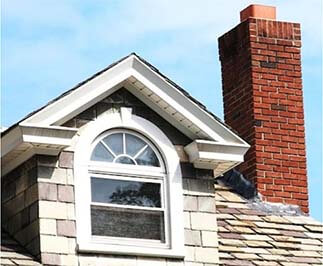Caregiver Tips: Cleaning and Maintaining Your Hoyer Lift Sling
Caregiver Tips: Cleaning and Maintaining Your Hoyer Lift Sling
A hoyer lift sling is a critical tool in daily caregiving, enabling safe and efficient transfers for individuals with limited mobility. But like any medical equipment, slings require regular cleaning and maintenance to ensure hygiene, functionality, and safety. Neglecting these steps can lead to discomfort, skin infections, or equipment failure, risking injury to both the caregiver and the patient.
This guide provides practical, easy-to-follow tips for cleaning and maintaining your hoyer lift sling so it stays in optimal condition with every use.
Why Regular Cleaning and Maintenance Matter
Slings come into close contact with skin, clothing, bodily fluids, and even food or medications. Over time, they accumulate bacteria, moisture, and wear especially if used multiple times per day.
Proper maintenance ensures:
- Hygiene: Prevents cross-contamination and infections
- Durability: Extends the life of the fabric, seams, and loops
- Safety: Reduces risk of tearing, slipping, or uneven support during lifts
- Comfort: Clean, well-maintained slings are more comfortable against the skin
Establishing a cleaning routine is a vital part of responsible caregiving, especially in home environments where slings are often reused.
Check the Manufacturer’s Instructions First
Before washing or disinfecting, always read the care label or user manual that comes with the sling. Different materials, like mesh, padded fabric, or solid nylon, have different care requirements.
Some slings are machine washable, while others require handwashing or air drying. Using bleach, high heat, or incorrect detergents can break down the fibers, shorten the sling’s life, or void any warranties.
Look for information such as:
- Water temperature limits
- Drying instructions (air dry vs. tumble dry)
- Safe cleaning agents
- Maximum wash cycles before replacement is recommended
Daily Inspection Before and After Use
Even with regular cleaning, damage can still occur unnoticed. Before every use, perform a visual and tactile check of the sling:
- Look for frayed edges or stitching coming loose
- Check strap loops or clips for signs of stretching or cracking
- Feel for thin or worn fabric in areas that bear the most weight (shoulders, thighs, back)
- Ensure labels remain legible, some facilities require them for compliance
If anything looks worn, do not use the sling. Keep a backup on hand to avoid delays in care.
Basic Cleaning Routine (Home or Facility Use)
For most washable slings, follow this basic cleaning routine:
- Shake off loose debris before placing in a washer.
- Use a mild detergent, avoid harsh chemicals or fabric softeners.
- Wash in warm water (typically 140°F / 60°C max unless otherwise specified).
- Do not overload the washer, slings need space for full agitation.
- Rinse thoroughly to remove detergent residues.
- Air dry when possible, if using a dryer, select a low-heat cycle.
Frequency:
- After each use for toileting or bathing slings
- Every few days for daily-use slings if no soiling occurs
- Immediately if exposed to bodily fluids, spills, or contaminants
Deep Cleaning and Disinfection
For slings used in high-contact or high-risk environments (e.g., wound care, incontinence, multi-patient use), deeper cleaning is necessary:
- Disinfectants: Use hospital-grade disinfectant sprays or wipes compatible with fabric
- Soaking: Some slings tolerate soaking in disinfectant solutions check label
- UV cabinets: In clinical settings, UV sterilization may be an option for non-fabric degradation
- Spot cleaning: Treat stains gently with a non-abrasive cloth and a small amount of disinfecting soap
Avoid soaking or scrubbing any area with reinforced padding or foam, as it can break down the structure.
Storage Best Practices
After cleaning, proper storage protects the sling from unnecessary wear:
- Hang dry on a clean, open-air rack, avoid leaving it bunched or folded while wet
- Store in a dry place away from direct sunlight or humidity
- Use labeled bins or hooks if you have multiple slings for different purposes or patients
- Avoid floor storage to prevent cross-contamination with dust or dirt
Organized storage also helps caregivers grab the right sling quickly when needed.
When to Replace Your Hoyer Lift Sling
Even with careful cleaning, slings won’t last forever. Here are signs it’s time to replace:
- Visible tears, frays, or worn spots
- Stretched loops that no longer sit securely on lift hooks
- Unpleasant odors that persist after washing
- Padding that feels lumpy, thin, or misshaped
- Faded or unreadable safety labels
- Exceeded manufacturer’s recommended wash cycles (often 80–100 washes)
As a general rule, don’t wait for failure, replace at the first signs of material fatigue to avoid safety risks.
Caregiver Pro Tips for Sling Longevity
- Have multiple slings in rotation to reduce wear and cleaning frequency
- Label slings with the user’s name in shared care settings to avoid mix-ups
- Keep a care log note wash dates and inspections for accountability
- Educate all caregivers in your home or facility on proper use and storage
Consistency in handling leads to safer, longer-lasting slings and less stress for both caregivers and patients.







